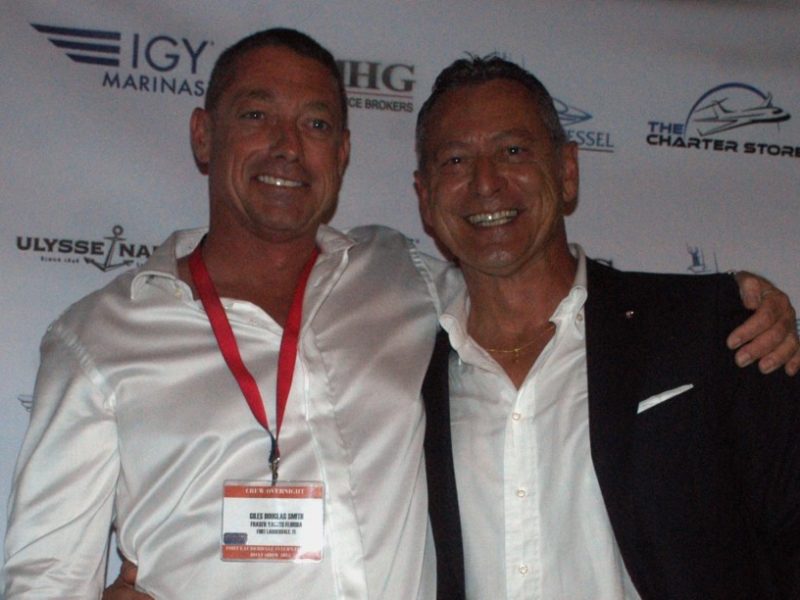The International Superyacht Society has assimilated the members of the Yacht Captains Association. All current YCA members are now ISS members with full membership privileges. YCA…

Diverse knowledge, special skills attractive to yacht captains
Nov 23, 2015 by Peter HermFt. Lauderdale’s boat show was awesome. I met lots of new people, toured many great boats and reconnected with old friends and crew, as always. There were even some chairs on the dock to sit in while taking off my shoes, crews in dress uniforms, and bottled water for visitors. One boat even had chilled cotton towels. This is major progress.
In chatting with an old crew member at the show, he was getting ready to depart for a 30-day delivery, the long, monotonous kind with lots of time to kill. While many crew would be catching up on their movie watching skills, this guy had a plan. His goal was to learn Spanish and study for his captain’s license. He had purchased an audio Spanish learning course and all the materials he needed to study for a six-pack license.
He made the conscious decision to go up in the yachting world and was taking the steps necessary to not only enhance his skills, but his resume as well. While his goal was not to drive a 40m yacht next year, he assumed he would have more value to an owner and captain if he had a ticket. The Spanish was to make himself more valuable to boats traveling to what will someday soon become an interesting new destination for many Americans: Cuba.
This made me think about what crew members do in their down time. What they are reading (if anything) and what steps do they take every day to enhance their value as an employee?
Over the years, in going through crew resumes (mostly captain resumes as my belief is that the captain hires the crew, not the owner), it dawned on me that the ones with the most qualifications win most of the time. Crew with a variety of life experiences, whether yacht related or not, are always more interesting. Related training is a plus, though, and will be reflected in the salary an owner is willing to pay, not to mention the crew member’s ability to get the position they want most.
Diversity of qualifications is a benefit. I once interviewed a captain because he not only had his tickets to drive boats, but was also licensed as a commercial airplane pilot. There are a number of things that would add value to any boat, privately owned or charter. Dive certification? Bartending skills? Mechanical skills? Advanced first aid? Fishing skills?
Take a look at the course list on any of the maritime training sites and come up with a list of courses to take either in person or online.
Everyone needs the STCW 95 box checked, but there are literally dozens of other courses crew could complete that would increase their likelihood of getting hired and their value to a boat program. Ask the captain; the owner might even be happy to pay for the courses for a valued crew member. I always pay for anything my crew would like to learn about to expand their knowledge. All they have to do is ask.
Crew who cannot spare the time for a course can at least read things to better themselves. I’m a boataholic, so I read as many boating-related magazines (consumer and trade) as I can get my hands on every month, foreign and domestic.
What about crew? What do they read every day, every week, every month? Are they up-to-date on the news in their own industry?
And I can’t emphasize enough how important boat shows are. All crew should have walked around the Ft. Lauderdale show. How many took the short hop over to Amsterdam in mid-November for the METS show? There were 1,300 exhibitors there with the latest in marine-related equipment and gear. I guarantee any crew member who tried would learn something valuable to their current and future employers.
No matter what job we fill in yachting, we are all made more valuable by expanding our knowledge and learning something new. Networking and reading are some of the best ways to spend spare time. Like my old crew member, all it takes a plan to do it.
Peter Herm is the pen name for a veteran yacht owner who is an entrepreneur based on the East Coast of the U.S. Contact him through www.the-triton.com/author/peter-herm.



